Conditions were perfect, Nessie was keeping waters calm and skies were getting bluer by the minute as four men untied their new boat from the pier at Fort Augustus.
It’s quite the sight, a state-of-the-art ocean rowing boat specially designed for the huge challenge it will take on later this year.
Come December, it will not only be a vessel, but a home for four Highlanders as they take on the Talisker Whisky Atlantic Challenge – also branded The World’s Toughest Row.
They will row 3,000 miles from La Gomera to Antigua, all in the name of raising money and awareness for mental health charities Rock2Recovery and the Sailors’ Society.
While all four men are united in their determination to complete the challenge to the best of their abilities, the stories that led each of them to it are unique.
After a practice row on Loch Ness, we found out more about each member of team Atlantic R2R row.
Here are their own stories of how their lives, and the lives of their friends and loved ones, have been impacted by mental health battles.
Tom Atkinson
“I’ve lost way more friends to suicide than I have in active service,” said Tom Atkinson.
The 39-year-old served in the Army for more than six years before wanting to settle down with his wife and start a family.
“A friend of mine got out and really struggled with PTSD; he ended up taking his own life,” he said.
“He was my team commander in Iraq, he was the life and soul of the party, one of the nicest guys you’d ever meet. He was the last person you’d ever think would struggle.
“It came as such a shock, that’s when I knew I needed to do something to help.”
Being a veteran himself, Tom knows first-hand how important the work of charities like Rock2Recovery is.
“The biggest struggle I had was that when I first came out; I’d gone from being a reconnaissance sniper – a job you’re proud of, it’s fast paced, adrenaline is pumping all the time – to screwing lids on in a cosmetics factory,” he said.
“It was a world away from where I had been, all my friends were posted out in Cyprus, suddenly I felt so isolated and alone.
“It’s a struggle to motivate yourself to start your life again.
“A lot of people find that hard, especially when they’re also dealing with the things they’ve seen in places like Iraq and Afghanistan.
“I’ve not had one phone call since I left the Army, no one there asking if I’m okay.”
Tom said, while they’re not putting too much pressure on themselves, the team are “in it to win it” and hope they might be able to challenge the current race record – which sits at 29 days, 13 hours and 34 minutes.
As well as supporting the charities, Tom knows taking on the Talisker Whisky Atlantic Challenge will have an impact on him personally.
“You couldn’t do a challenge like this if you weren’t doing it for yourself too,” he said.
“For me, a lot of it is about getting that pride back in myself that I’ve lost not being in the Army for 15 years. Everything has gone into my work and raising my children, but now I’m going back out there, it’s good for my own mental health.”
Paul Roadnight
Paul Roadnight met Tom while they were both in the Army, where he still serves in the 3rd Battalion The Royal Regiment of Scotland.
The 39-year-old said: “My interest in doing this, minus the fact the challenge sounds fantastic, is raising money for the charities.
“The Sailors’ Society covers anyone working at sea struggling with their mental health and helps them seek help.
“Rock2Recovery helps veterans and blue light services and their families when they’re in a crisis.”
He too has lost people close to him who could have benefitted from this kind of support.
“I think I know eight individuals, whether they were in the same camp as me or I knew them more closely, who are now not here,” said Paul.
“That’s a staggering number.”
He feels this challenge is an apt way to bring his military career to a close: “I feel like I will have given something back, I’ve done something for those I served with who aren’t still with us.
“I think I’ll learn a lot about myself doing this, it will shift my perspective on things.”
Training for the challenge is going well, with the team rowing the length of Loch Ness in just over 11 hours in a recent practice.
That might be why Paul reckons the team is ready to take on the Atlantic.
“We’ve had a lot of time to focus on it, and I think when we get there we’ll take it day by day,” he said.
“I’m looking forward to casting out, settling into that routine and being out there.”
Though it will be gruelling – as they each row for two hours then sleep for two hours on repeat for the entire 3,000-mile journey – it’s likely they will see some sights to behold.
Paul said: “There will be times at night when we will be rowing and we’ll see things you never expect, the stars will look like they’ve never looked like before.
“People see dolphins, flying fish, whales, I’m looking forward to all that.
“I’m also looking forward to finishing, of course.”
Jordan Parkinson
It was Jordan Parkinson who acted as the catalyst for the Atlantic R2R row team forming.
He was working on a superyacht in Antigua in 2020, the finishing lane for the race, watching them all come in.
He called up his dad, then Tom – who called Paul – and row team Atlantic R2R was formed.
In the years between then and now, the start line looked far away, never mind the finish one.
“There were points when we wondered whether we’d be able to pull it off, but then a new sponsor would come around and it would help us carry on,” said Jordan.
Sailors’ Society in particular is a charity close to 29-year-old Jordan’s heart.
“I worked at sea for 10 years, so you’re obviously away from family and friends, you miss weddings, funerals, birthdays, kids’ birthdays,” he said.
“That does take a strain on you mentally. I had two work colleagues who unfortunately paid the ultimate price because they felt embarrassed to talk about it.
“It’s about making people feel like they can come forward and talk about things, say ‘look, I’m struggling today’.”
Breaking down the stigma surrounding male and veteran mental health is something Jordan is keen to do, along with the rest of the team.
He said: “My two colleagues, they were a captain and an engineer; very well sought-after people, great careers, but they were suffering and they saw no way out.
“With this challenge there is obviously a massive self achievement for each crew member, but predominantly it’s to raise awareness.
“You can talk.
“Statistics show men are more susceptible to suffering with these disorders, they are more proud and feel like it’s a weakness to talk, but it’s not.
“I talked, I sought advice, and it’s the best thing I ever did.”
Despite tiffs, which are to be expected given the close proximity, the team of four work and think in unison when they are rowing. This is essential, as one face-scratch or clothing adjustment would break what needs to be a perfect rhythm.
Jordan said: “We’re four blokes, with different opinions, but we’re going to deal with that and support each other.”
Richard Parkinson
When his son suggested he join him on a 3,000-mile row, Richard Parkinson didn’t give it too much thought before saying yes.
“I got a phone call from Jordan who said there was space in the 2023 event, so I quite flippantly said ‘yeah I’ll do that’,” he said.
“Now we’re five months away, it has come around quickly.”
A combination of reading, listening to podcasts and training has helped 58-year-old Richard feel ready for December and the challenges it is likely to present.
He said: “We’ve just loved it, the whole team have got a lot out of it.
“The performance of the boat, of the team, it’s only going to keep getting better. We’re not going to pull out now.”
Richard’s connection to both mental health charities comes from two people.
“My grandad was a soldier and he spent three and a half years in a Japanese prisoner of war camp,” said Richard.
“I didn’t know. I grew up with a very nervous man who didn’t talk about his experiences, it was only in the latter years of his life that he told me. He had 45 years carrying this baggage around.
“Then a friend of mine got into financial and marital problems and he took his own life. Nobody knew what state he was in, but one phone call might have made a difference.”
Support Atlantic R2R row
Over the last two and a half years, team Atlantic R2R row has been raising money in any way they can to get themselves to the start line – even selling pasties at local Christmas markets.
They put themselves in personal debt, took out credit cards and remortgaged homes to raise the £85,000 needed to buy the boat, which they finally did hours before collecting it.
“No one takes you seriously until you’ve got that boat” said Richard.
“We went into quite a debt, but once we got the boat people realise we’re actually going for it.”
The Atlantic R2R row team needs donations to keep flooding in to make sure they can raise as much money and awareness as possible for their chosen charities.
You can donate to Atlantic R2R on their website at atlanticr2r.com.
Follow their journey before, during and after the challenge on Facebook and Instagram.
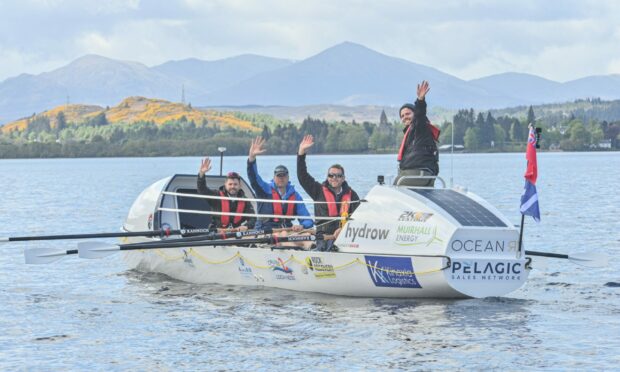

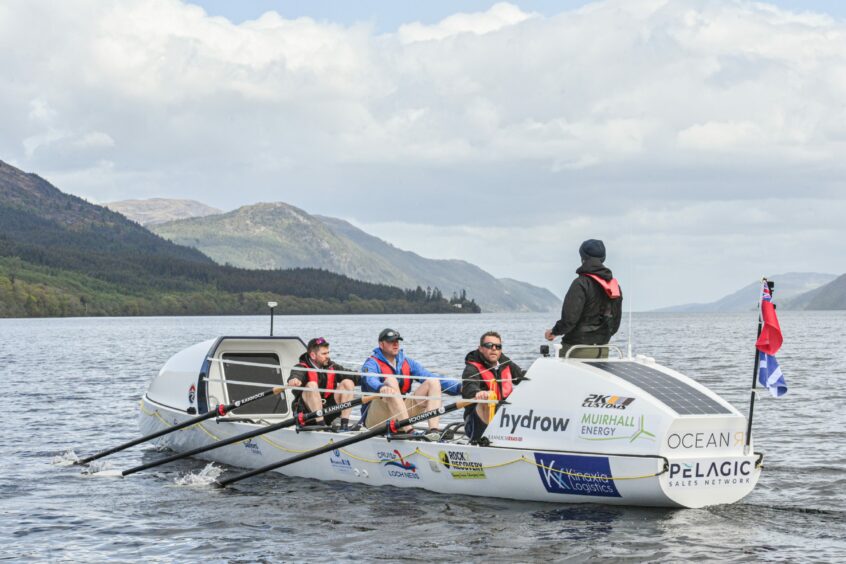
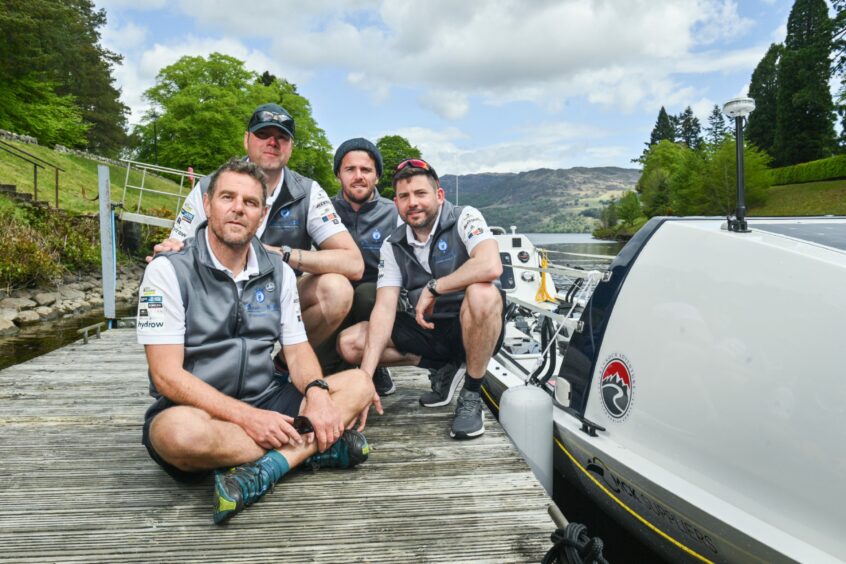
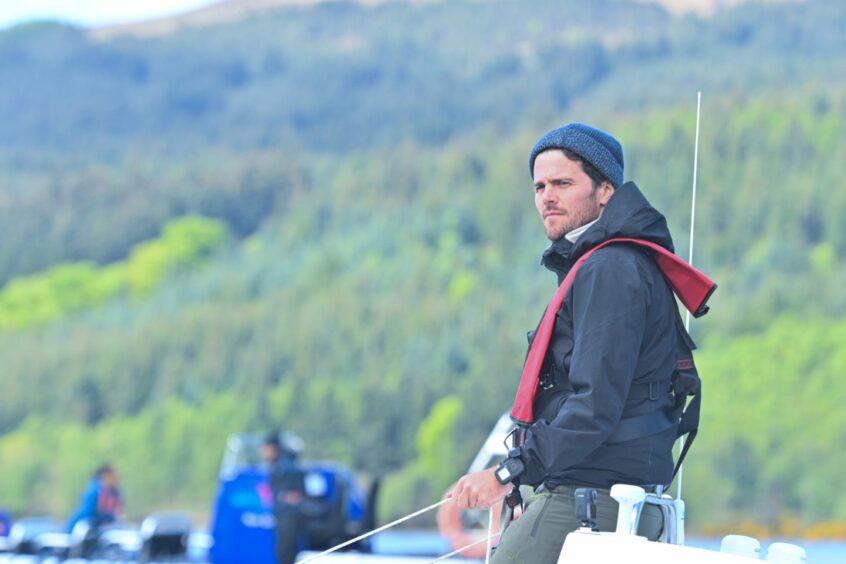
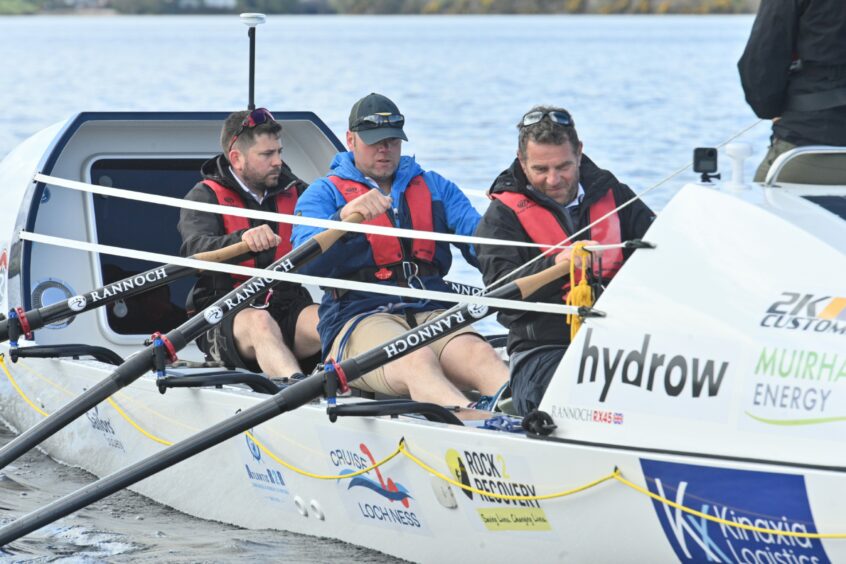
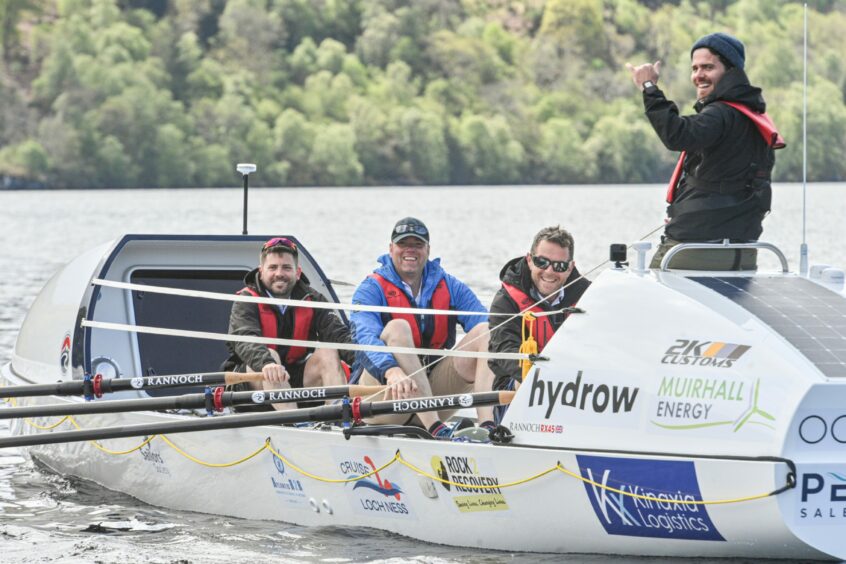
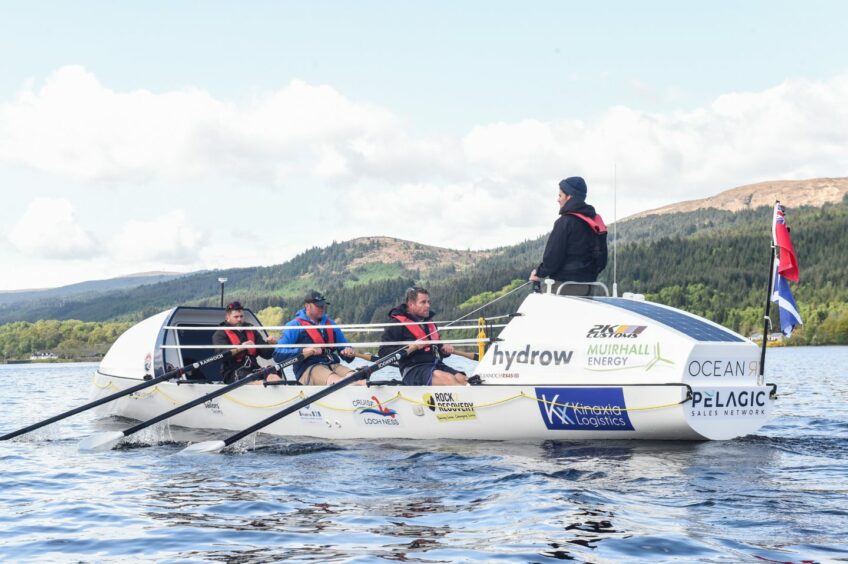
Conversation